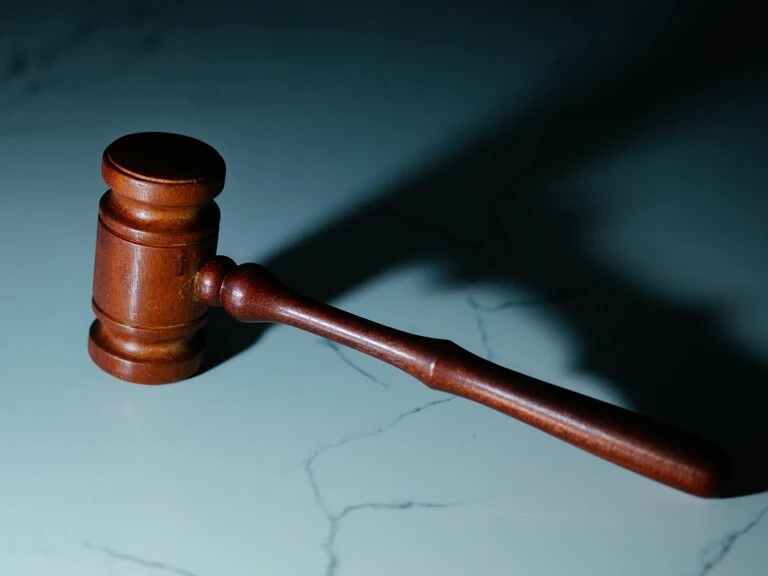Dilan Polat and her husband were released from prison after being held on charges of money laundering and tax evasion. Along with her husband, Dilan Polat was facing up to 40 years in prison, making headlines not just for the criminal charges but for the broader social implications surrounding her case. There are no more detained defendants in the case. This development has sparked debates about inequality in Turkey’s legal system, as other, arguably more vulnerable inmates, such as elderly cancer patients and media critics, remain imprisoned under far more dire circumstances.
As one of Turkey’s most influential figures in social media space, Dilan Polat has begun attracting attention with many questioning the origins of her income. In November 2023, Polat and her husband were detained on serious charges of money laundering and tax evasion, accused of engaging in illegal financial schemes. The case became a focal point for many, not just because of the seriousness of the accusations but due to Polat’s continued public presence while other individuals charged with lesser offenses faced far harsher treatment in the politicized Turkish judicial system.
Throughout her time behind bars, Polat’s health became a significant aspect of the public discourse surrounding her case, and she was released after only a few months in detention. Many people pointed out that the same approach has not been extended to other inmates suffering from serious diseases. For example, many elderly or terminally ill inmates, particularly cancer patients, remain imprisoned in difficult conditions despite their frail health. This has amplified existing criticisms of the Turkish legal system’s “selective compassion” with justice appearing skewed in favor of the wealthy.
The release of Dilan Polat and her husband sheds light on the inequality within Turkey’s judicial system, particularly concerning how high-profile cases are handled. While Polat walked free, critics point out the ongoing imprisonment of critical journalists, political dissidents, and elderly prisoners who are far more vulnerable to the harsh realities of life behind bars.
In recent years, Turkey has garnered international criticism for its crackdown on free media and political opposition. Many journalists and critical media figures have been imprisoned on charges ranging from terrorism to defamation, often under dubious or politically motivated circumstances. These individuals, despite being held on questionable charges, do not receive the same level of sympathy or legal leniency that was seemingly afforded to Polat.
Furthermore, the Turkish government’s continued imprisonment of ailing inmates, some suffering from terminal illnesses like cancer, has raised concerns about human rights violations. Reports of inadequate healthcare in prisons and the unwillingness to release these individuals on humanitarian grounds stand in stark contrast to Polat’s relatively swift release after just a few months of prison sentence.
Polat’s release has reignited debates over the fairness of the Turkish legal system, with many people including veteran journalists and politicians accusing the government of double standards. This situation also points to broader issues concerning wealth and privilege in Turkey. It seems like Polat’s status as a well-known public figure with considerable financial means enabled her to secure a release that many ordinary citizens, particularly those without access to similar resources, would not have been able to achieve. Her freedom, juxtaposed with the ongoing imprisonment of critically ill and politically marginalized individuals, raises pressing questions about justice, privilege, and the selective application of the law.
Turkey’s justice system has been a subject of increasing scrutiny, particularly in its perceived favoritism towards the powerful. This bias has been evident in numerous high-profile cases like that of Polat family where individuals with significant wealth have seemingly escaped prosecution or received lenient sentences for serious offenses.
The disproportionate impact of the justice system on certain groups has exacerbated existing inequalities. These systemic issues have raised questions about the fairness and effectiveness of Turkey’s legal framework. To address these challenges, reforms are urgently needed.
Increased transparency, accountability, and independence of the judiciary are essential to restore public confidence. Strengthening legal protections for marginalized groups and ensuring access to justice for all are also crucial steps towards a more equitable and just society. Polat’s case will likely remain a symbol of the uneven balance of justice, wealth, and power in Turkey.

